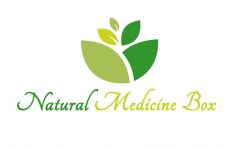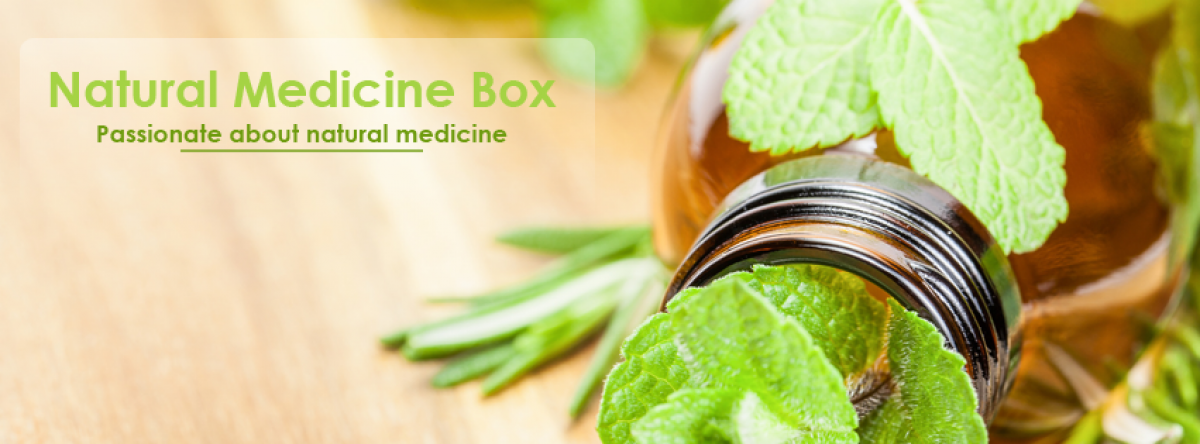
Anti-Cancer Mechanisms
Studies have shown that berry anthocyanins—found in tart cherries—can switch off genesinvolved in the multiple pathways of cancer.
These include genes for cell proliferation and inflammation, and for angiogenesis (the growth of new blood vessels that feed a tumor).
Anthocyanins can also trigger apoptosis, the programmed cell death that causes pre-cancerous cells to self-destruct.
These studies establish that anthocyanins work through a network of mechanisms to promote a broad spectrum of natural anticancer protection. And because there is a unique synergy among the anthocyanins and phenolic acids in tart cherries, scientists have been investigating them for their anticancer benefits.
Alzheimer’s, Parkinson’s and Huntington’s
The combination of aging and oxidative stress can cause some neurons (nerve cells) in certain regions of the brain to die, contributing to neurodegenerative disorders such as Alzheimer’s, Parkinson’s, and Huntington’s diseases, as well as amyotrophic lateral sclerosis (known as ALS or Lou Gehrig’s Disease) and general cognitive decline.
As the population ages, there is growing interest in the neuroprotective benefits of antioxidants, and one scientific report concluded that rich sources of polyphenoliccompounds, such as tart cherries, can play a role.
Both sweet and tart cherries are known to contain a matrix of bioactive constituents that are characterized as beneficial against multiple degenerative diseases.
But studies have now shown that tart cherries, more than sweet cherries, act in a dose-dependent manner to protect neurons from cell-damaging oxidative stress.
What Cherry Suppliers Can’t Tell You
A series of studies reporting on the compelling anti-inflammatory activity of sweet cherries—and especially tart cherries—has many scientists excited.
But not the Food and Drug Administration.
The agency has taken draconian steps to suppress this information. It may seem difficult to believe, but on October 17, 2005, the Food and Drug Administration issued an edict that precludes cherry companies from posting scientific data about cherries on their websites.1,2 Letters from the agency went out to 29 companies warning them that if they continue to inform consumers about these scientific studies, criminal prosecutions will ensue.1,2
What can’t cherry suppliers tell you? Simply this: tart cherries may well be the ultimate super food. Due to their superior phenolic matrix, tart cherry compounds help reduce the risk of osteoarthritis, gout, obesity, cardiovascular disease, metabolic syndrome, diabetes, and neurodegenerative diseases such as Parkinson’s and Alzheimer’s.
To read the full article and references please click here
Thank heavens we live in a free society. At least as a consumer you can make up your own mind whether to buy and drink cherry juice. Or, is the FDA going to ban it. What do you think?
Source: lef.org

